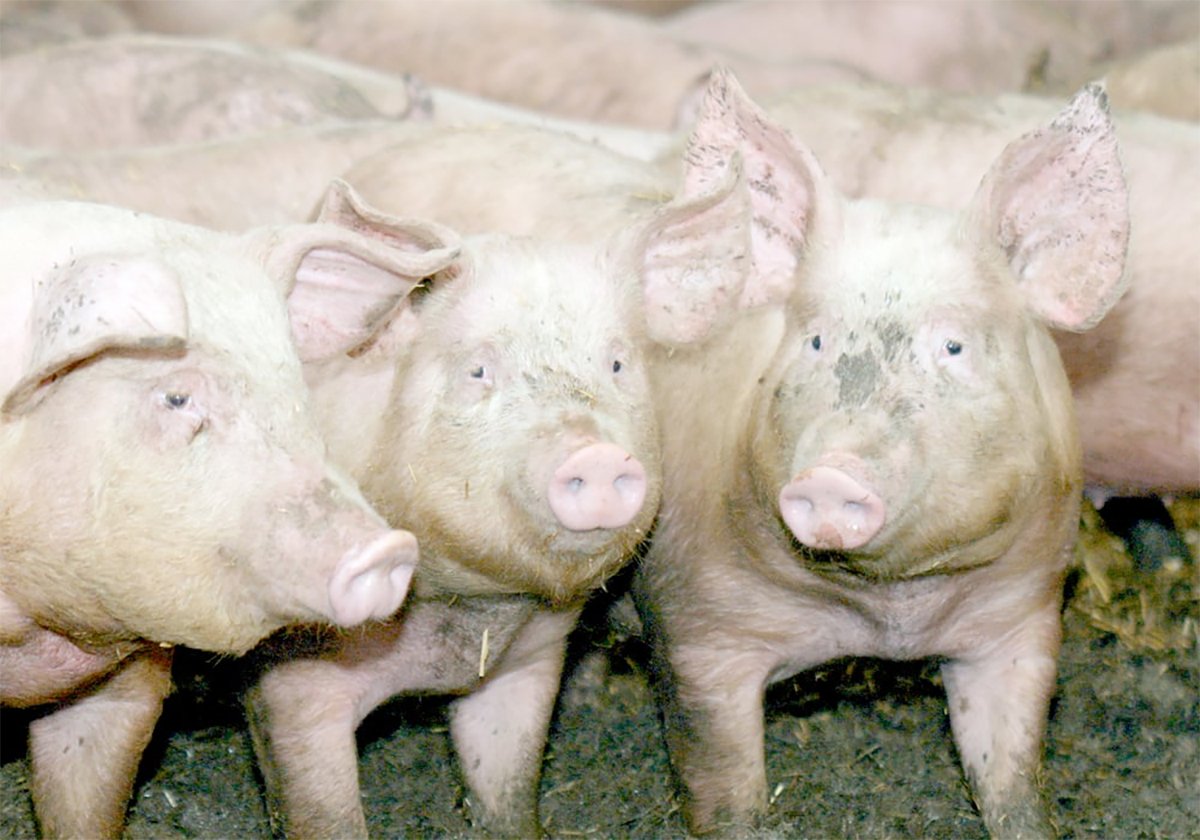Feedlot owners and ranchers urge the agriculture industry to do a better job of addressing the sector’s labour needs
Finding suitable hired hands on the farm is one thing. Keeping them is another.
Alberta feedlot owner Ryan Kasko and Saskatchewan rancher Lynn Grant of Saskatchewan understand the importance of encouraging Canadians to work on farms but their experiences reflect the reality of living in rural areas. Foreign workers from rural regions often fit in better. It is a culture change for urbanites if they move to a remote rural area with limited services.
“It a lot easier to transition someone from a farm in South Africa or Australia,” said Kasko.
Read Also

The Western Producer Livestock Report – October 2, 2025
Western Producer Livestock Report for October 2, 2025. See U.S. & Canadian hog prices, Canadian bison & lamb market data and sale insight.
Grant has helped workers get permanent residence status only to see them leave at the first opportunity.
“As soon as they get permanent residence status they move to a more metropolitan area,” he said.
Quality of life in rural Canada versus working in Toronto should be emphasized when recruiting farm workers, said Portia MacDonald-Dewhirst, executive director of the Canadian Agricultural Human Resource Council.
People are not told about the advantages of home ownership or the greater sense of community common in small towns.
The farm labour issue was discussed at the recent Canadian Beef Industry conference held in Calgary.
Agriculture ministers across Canada know finding reliable labour is a major challenge facing farmers. They understand it is impacting competitiveness across all commodities to the tune of about $2.9 billion a year, she said.
They are also beginning to understand Canadian immigration policy needs adjustments. It favours highly skilled workers with college or university degrees because the government thinks they would be the most successful immigrants.
There needs to be a different approach where immigration policy considers jobs that are in demand rather than high skilled or high wage positions.
The council studies labour needs for all commodity groups. Outside of the need for people to work in meat processing plants, there is a great demand in other parts of the beef industry.
The beef sector estimated its losses were around $334 million due to lost sales. There is a shortage of about 14,000 workers, and the need is greatest in Alberta, followed by Saskatchewan, Ontario and Manitoba.
A recent study found 46 percent of employers who experienced labour shortages delayed or cancelled expansion plans because of unfilled jobs. Employers reported excessive stress and longer hours for themselves and existing staff.
“Labour challenges facing this industry are significant and you are not alone,” she said.
The entire agriculture industry is 63,000 workers short and in 10 years it is estimated there will be 123,000 vacancies. Aquaculture, plant-based production, greenhouse, fruit, vegetable and all animal production sectors all face labour challenges.
“At some point we have to take stock and start doing something,” she said.
In 2014, foreign workers were 12 percent of the agri-work force and now they represent 17 percent of the workforce.
“We bring in close to 60,000 temporary foreign workers each year,” she said.
Encouraging people to work and stay takes skill.
The council has developed best practices in human resource management and manager training manuals for the various sectors.
The training programs and manuals are available from the Canadian Agricultural Human Resource Council and may be found at www.cahrc-ccrha.ca.


















